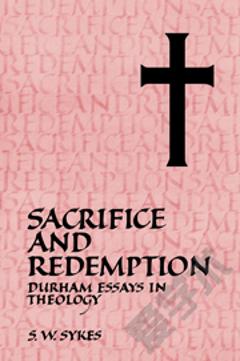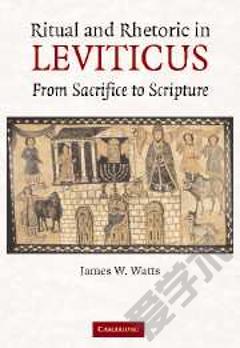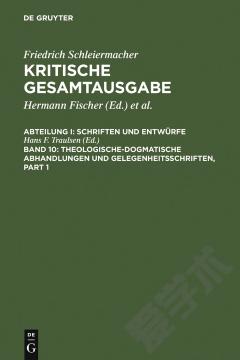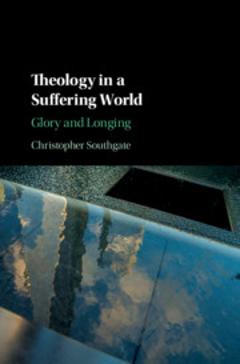Sacrifice and Redemption: Durham Essays in Theology
These essays explore the role sacrificial metaphor has to play in theological interpretation of the death of Christ, and ask whether such a metaphor makes sense today. They make clear that the political and psychological connotations of sacrifical language have in modern times given rise to great unease, and examine, in particular, the Catholic tradition of the eucharistic sacrifice, a tradition which was vigorously challenged at the Reformation. Looking at the various controversies from a variety of perspectives, the contributions to the book have a pronounced ecumenical slant, and illuminate sacrifice at the major, formative moments in history, from Old Testament times to contemporary theology. As a whole the collection suggests that claims to an ecumenical consensus are premature; that sacrificial language in the Christian tradition is more complex than is often supposed; but that, finally, the role of sacrifice in Christian thought is still vital in coming to terms with Christianity in the modern world.
{{comment.content}}








 京公网安备 11010802027623号
京公网安备 11010802027623号